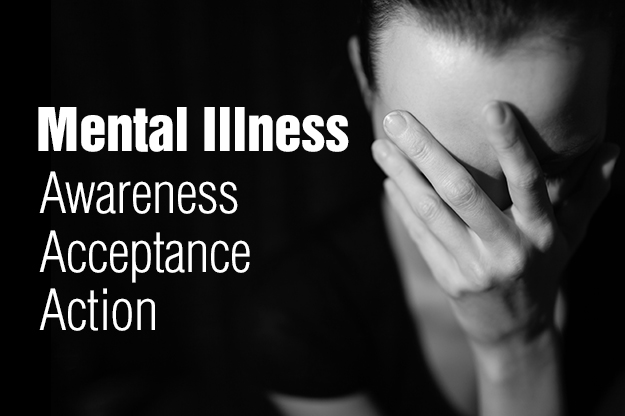Mental Illness Social-Acceptance
By Kamni Isserdesani
23 April 2016
It is a perceived notion that a cultural society helps its members to shape them. To take a more neutral perspective such preconceptions can be questioned based on personal experiences and social acceptance. If a society helps then why does an individual tend to hide his/her problems and flaws? Had we been living in isolation far away from the ties and bounds of society the level of reactions to certain situations would be different.Such is the scenario when mental illness is highlighted as a serious health issue. It is estimated that nearly 50% of adults are victims of mental illness out of which only 20% seek any professional help. There are numerous reasons to this amongst which one very bitter is social acceptance. Vast access to education has made knowledge very accessible and available. It then becomes only a matter of acceptance.
The first step to seeking special treatment is the acceptance by the patient and the society itself. The stigma attached to being a mentally ill person does not let an individual take an initiative. It is the reactions and labels given by others such as ‘psycho’ which hinder the treatment to be carried forward. How does a society help and in what ways? What role do others play? Yet a society is said to play a tremendous role in shaping one’s personality. Our thinking process reflects the society. A mentally ill person is looked down upon by the society as compared to a physically ill person. The educational advancements have proven the affects and cost of mental illness on one’s life. Yet it seems very easy to sideline a mentally challenged patient rather than offering a helping hand. Is that the socialization that one decides to seek? This raises many questions of the brotherhood that is said to be taught in every stage of life?
Social responsibility is taken to be a key factor for a citizen. How responsible the society to suppress one’s illness and confidence? Does being responsible mean bring critical of one’s situation? How easily is ‘putting oneself in others shoes’ neglected? Or is it not necessary to try and put you in that shoe when it is assumed to not fit at all?








